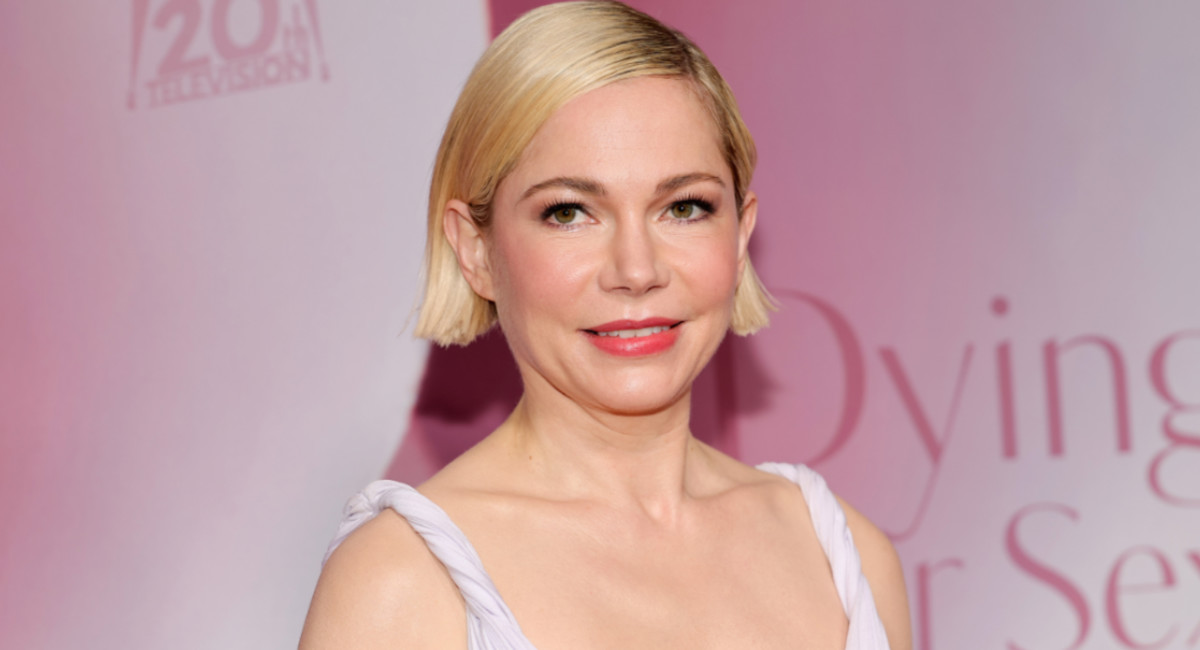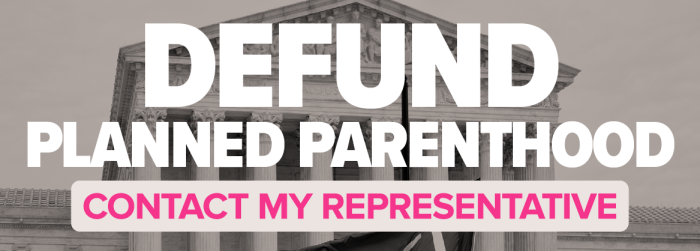Outspoken pro-abortion actress Michelle Williams, best known for her roles in “Dawson’s Creek,” “Brokeback Mountain,” and “Fosse/Verdon,” has announced the birth of her fourth child. Unlike her previous three children, however, this child was born via surrogacy.
PEOPLE reported that Williams and her husband, director Thomas Kail, had welcomed a fourth child, according to an unnamed source. “They couldn’t be happier to expand their family, and Matilda has been doting on her younger siblings,” the source told PEOPLE. Williams’ first child is 18-year-old Matilda, born from her relationship with the late actor Heath Ledger. She also has four-year-old Hart, and a third child, whose name and gender are not known, born in 2022, both fathered by Kail.
Williams previously spoke to Entertainment Weekly about choosing to take a major role in the Steven Spielberg film, “The Fabelmans,” after having her third child. She explained that she wanted the ability to have both motherhood and a career without sacrificing either.
It’s amazing because we all do it. That’s how every human gets here, is a woman giving of herself. [Babies] have to arrive, and they have to be sustained, all of it. So I’m continuously searching, because balance isn’t a stable place. Balance means that you’re always adjusting.
So you have to figure it out because we have to stay in the workforce, even though it often feels like it’s untenable. My heart obviously belongs to my children; they tug at it the most. But I really want to be able to have both. And I think that it requires deep thought and learning and the support of other women to figure out how to get through it.
READ: Three reasons Michelle Williams’ Golden Globes abortion speech hurts women
It’s a strange statement for Williams to make. After winning a Golden Globe award for her role as Gwen Verdon in “Fosse/Verdon” in 2020, she insinuated that she had previously undergone an abortion, and that she wouldn’t have been successful in her career without it:
I’m grateful for the acknowledgment of the choices I’ve made, and I’m also grateful to have lived at a moment in our society where choice exists. Because as women and as girls, things can happen to our bodies that are not our choice. I’ve tried my very best to live a life of my own making, and not just a series of events that happened to me, but one that I could stand back and look at and recognize my handwriting all over — sometimes messy and scrawling, sometimes careful and precise — but one that I had carved with my own hand.
And I wouldn’t have been able to do this without employing a woman’s right to choose, to choose when to have my children and with whom.
Williams was noticeably pregnant as she made this speech.
Her argument in favor of abortion does, in a strange way, parallel her decision to have a child via surrogacy. Rather than view a child as a living human being with his or her own intrinsic rights, value, and dignity, a child is viewed as a product to be obtained by any means — or even thrown away, entirely based upon the choice of the mother. When the child was not wanted, Williams discarded him or her; when she decided she wanted a fourth child, she purchased another woman’s body to obtain this.
Surrogacy is not a benign practice, and far from being entirely altruistic, it’s big business. According to Fortune, “[T]he cost to the prospective parents can reach over $300,000 – and surrogates themselves may be paid anywhere from about $35,000 to $100,000 for a pregnancy.”
Meanwhile, research has found that surrogates are at higher risk of gestational diabetes, hypertensive disorders of pregnancy, and bleeding complications after birth, while babies born via IVF are at a higher risk for numerous complications. And surrogacy, specifically, has been found to be harmful; studies have made it clear that taking babies from their birth mothers, even if they aren’t biologically related, can cause trauma. Unlike adoption, which exists to heal the wound created when a biological parent cannot care for a child, a child in a surrogacy arrangement is created with the intent of removing him or her from her birth mother.
While pro-abortion women are concerned that the fictional “The Handmaid’s Tale” could become reality, surrogacy essentially creates a class of women who gestate babies for other women to raise.
Children born through the fertility industry have been increasingly speaking out about how it has harmed them. A Harvard Medical Study found that 62% of children conceived through donor technologies believe it to be unethical and immoral. As one woman born through surrogacy explained, “It’s so important to educate people on surrogacy. People just think that it’s a beautiful little butterfly world where everything goes right and that love is sufficient and that the child will grow up and everything will be fine, but, no, no. Not everything will be fine. We’re using wombs, we’re paying for women’s uteruses, we’re buying children. There’s nothing right with surrogacy.”








